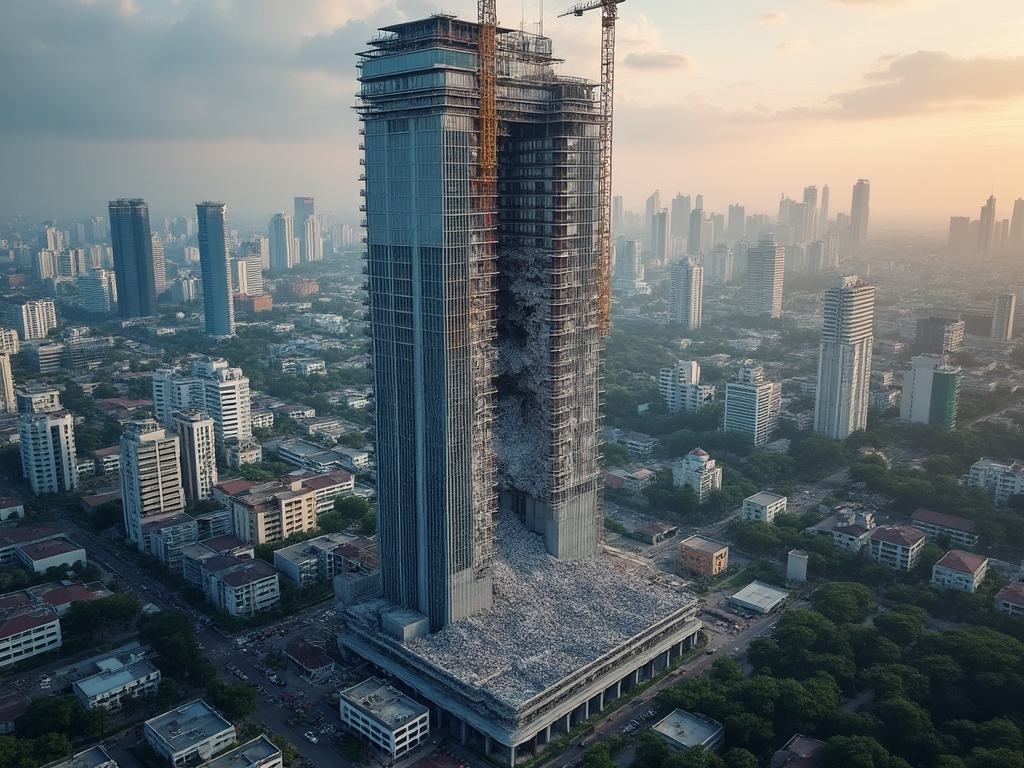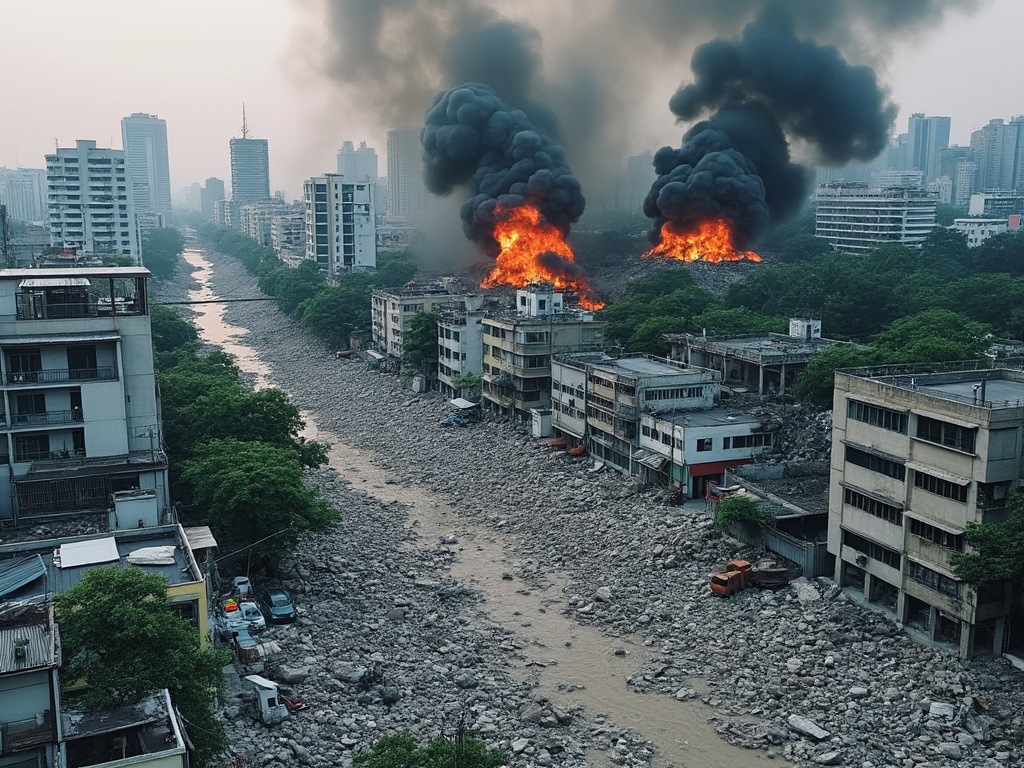
Allegations of a plot to restore impeached president Yoon Suk-yeol fuel tensions as opposition demands judicial appointments.
South Korea is currently experiencing a significant political crisis marked by allegations surrounding a potential scheme to reinstate the impeached president, Yoon Suk-yeol.
Yoon, who was ousted amid controversy, saw his impeachment upheld by a Constitutional Court, but the process remains unresolved as the court has yet to issue a definitive ruling.
The opposition Democratic Party of Korea (DPK) has intensified its stance, presenting an ultimatum to the acting president, Prime Minister Han Duck-soo.
The DPK demands that an opposition-affiliated justice be appointed to the Constitutional Court by an impending deadline or face the likelihood of impeachment proceedings against the current administration.
This demand suggests a heightened sense of urgency within the opposition ranks regarding the judicial and political landscape in the country.
Allegations from the DPK posit that the delay in appointing a final justice to the court is a strategically designed maneuver aimed at facilitating Yoon's return to power.
Meanwhile, the ruling People Power Party (PPP) has countered these claims, accusing the opposition of engaging in what they describe as parliamentary strong-arming.
The PPP has characterized the DPK as effectively seeking to insurrect against the government, advocating for their dissolution in response.
As the Constitutional Court deliberates on the crucial legal ramifications, both major political factions are seen as mobilizing their supporters amid the prevailing uncertainties.
Jhee Byung-kuen, a political science professor at Chosun University, noted that while some justices might require additional time to address legal intricacies, the notion of a coordinated effort to reinstate Yoon lacks substantiated evidence.
This political standoff reflects broader tensions within South Korea's governance, and developments in the coming days are expected to have significant implications for the nation's political stability.
Yoon, who was ousted amid controversy, saw his impeachment upheld by a Constitutional Court, but the process remains unresolved as the court has yet to issue a definitive ruling.
The opposition Democratic Party of Korea (DPK) has intensified its stance, presenting an ultimatum to the acting president, Prime Minister Han Duck-soo.
The DPK demands that an opposition-affiliated justice be appointed to the Constitutional Court by an impending deadline or face the likelihood of impeachment proceedings against the current administration.
This demand suggests a heightened sense of urgency within the opposition ranks regarding the judicial and political landscape in the country.
Allegations from the DPK posit that the delay in appointing a final justice to the court is a strategically designed maneuver aimed at facilitating Yoon's return to power.
Meanwhile, the ruling People Power Party (PPP) has countered these claims, accusing the opposition of engaging in what they describe as parliamentary strong-arming.
The PPP has characterized the DPK as effectively seeking to insurrect against the government, advocating for their dissolution in response.
As the Constitutional Court deliberates on the crucial legal ramifications, both major political factions are seen as mobilizing their supporters amid the prevailing uncertainties.
Jhee Byung-kuen, a political science professor at Chosun University, noted that while some justices might require additional time to address legal intricacies, the notion of a coordinated effort to reinstate Yoon lacks substantiated evidence.
This political standoff reflects broader tensions within South Korea's governance, and developments in the coming days are expected to have significant implications for the nation's political stability.





































